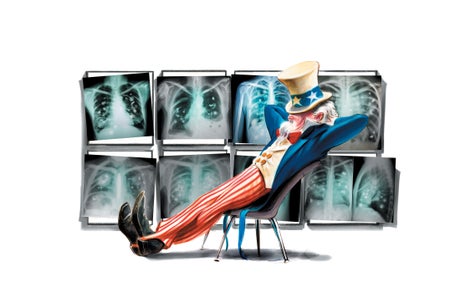
Asbestos Is Finally Banned in the U.S. Here’s Why It Took So Long
The carcinogenic effects of asbestos have been known for decades. We should have banned it long ago
Naomi Oreskes is a professor of the history of science at Harvard University. She is author of Why Trust Science? (Princeton University Press, 2019). She also writes the Observatory column for Scientific American.

Asbestos Is Finally Banned in the U.S. Here’s Why It Took So Long
The carcinogenic effects of asbestos have been known for decades. We should have banned it long ago
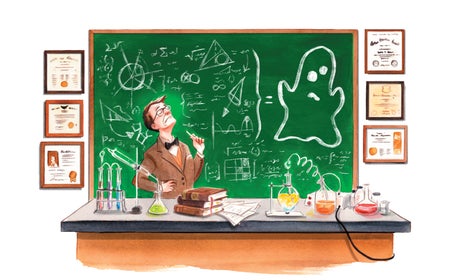
In Matters of Scientific Debate, Follow the Houdini Rule
Scientific expertise is typically limited and specific. When evaluating scientific claims, look to the relevant experts
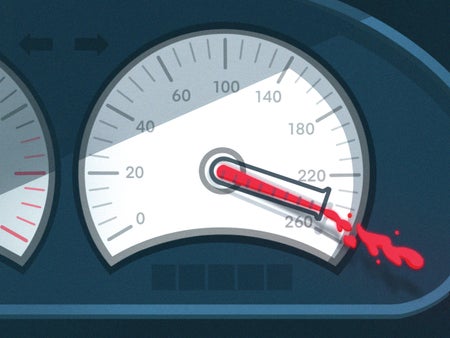
The Dangers of Fast Science
Scientific research needs to slow down, not speed up, to produce trustworthy results
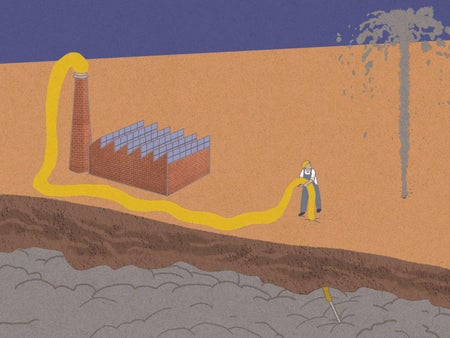
The False Promise of Carbon Capture as a Climate Solution
Fossil-fuel companies use captured carbon dioxide to extract more fossil fuels, leading to a net increase in atmospheric CO2
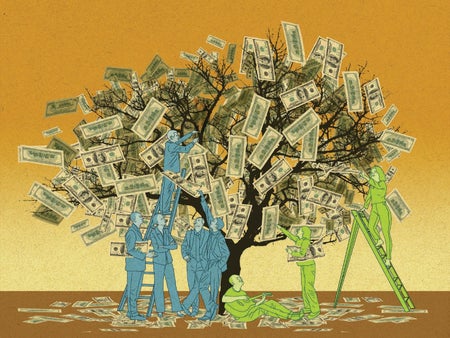
Environmental Protection Does Not Kill Jobs
The argument that we have to choose between saving nature and strengthening the economy is a false dichotomy
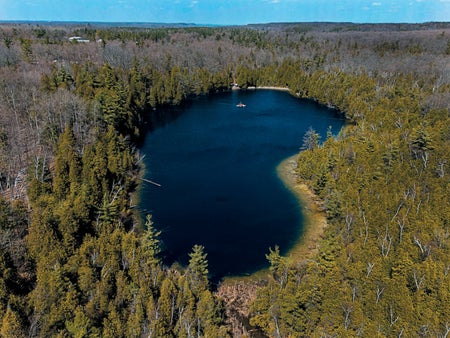
Calling Our Times the ‘Anthropocene Epoch’ Matters Dearly to You
The name Anthropocene means human activity is profoundly changing our environment, and you’ll have to plan for those changes
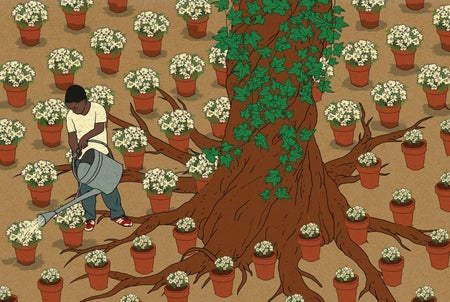
The Ivy League Gets Attention, but Public Universities Are Far More Important
Media attention to Ivy League schools distracts from the much more important—and undersupported—public university system
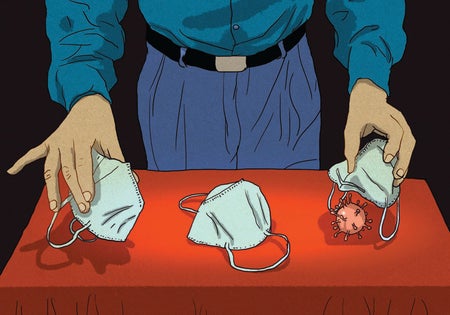
What Went Wrong with a Highly Publicized COVID Mask Analysis?
The Cochrane Library, a trusted source of health information, misled the public by prioritizing rigor over reality
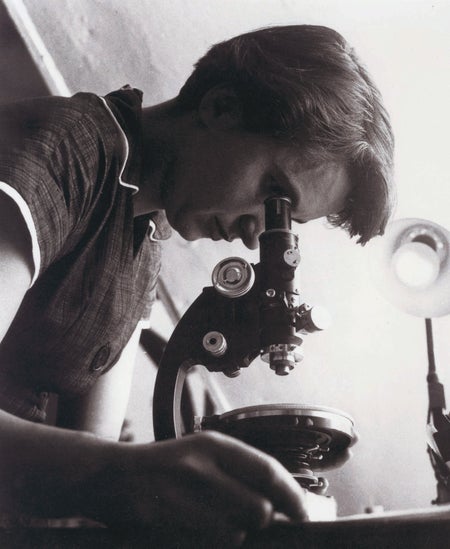
Rosalind Franklin Deserves a Posthumous Nobel Prize for Co-discovering DNA Structure
Awarding Rosalind Franklin a Nobel Prize posthumously for her role in DNA discovery is the honorable—and scientific—thing to do
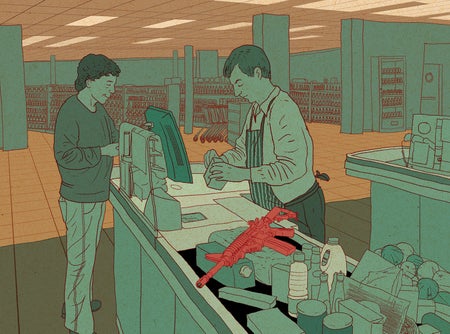
Hope for Ending Gun Violence Is Not Enough—We Need Fury
Outrage, not hope, will move us to prevent gun violence
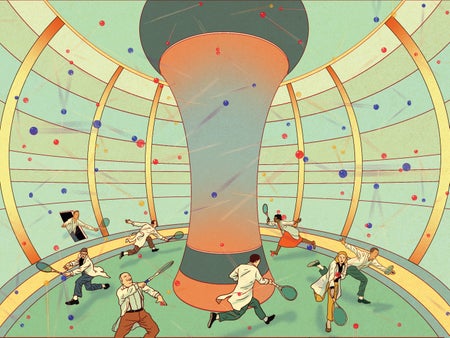
Why Nuclear Fusion Won’t Solve the Climate Crisis
Nuclear fusion will scale up too late to avoid climatic catastrophe

Attacks on Child Labor Laws Are a Dangerous Throwback to Social Darwinism
Recent efforts to weaken labor protections for minors are linked to the social Darwinist notion that people are inherently unequal
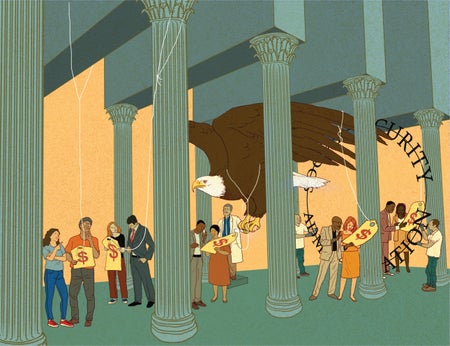
False ‘Facts’ about Science and Social Security Share Origins
Fake claims that Social Security is broken and that climate action isn’t urgent all come from flawed free-market ideology
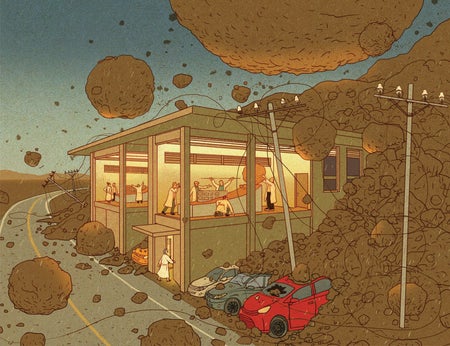
Landslides Kill and Hurt Thousands, but Science Largely Ignores These Disasters
Compared with landslides, volcanoes and hurricanes get a lot more attention, as well as research funding
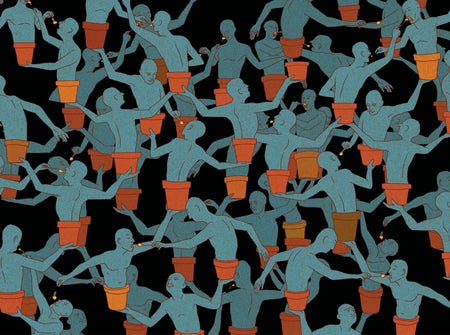
Eight Billion People in the World Is a Crisis, Not an Achievement
More people will not solve the problem of too many people
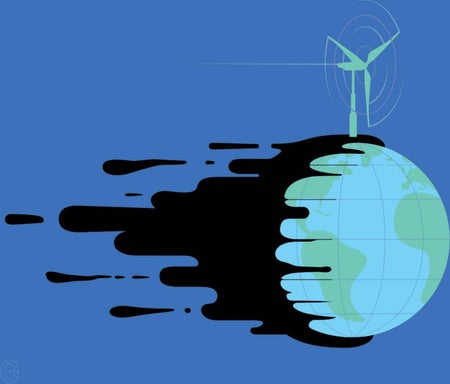
We Can’t Solve Our Climate Problems without Removing Their Main Cause: Fossil-Fuel Emissions
“Realists” argue that climate plans need to accommodate oil and gas, but that only perpetuates the climate crisis
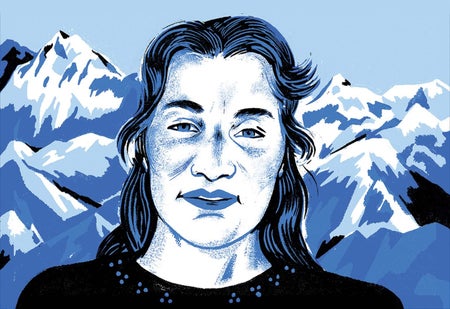
Hilaree Nelson Was One of the Greatest Adventurers Ever
The mountaineer Hilaree Nelson inspired people to care about the climate crisis
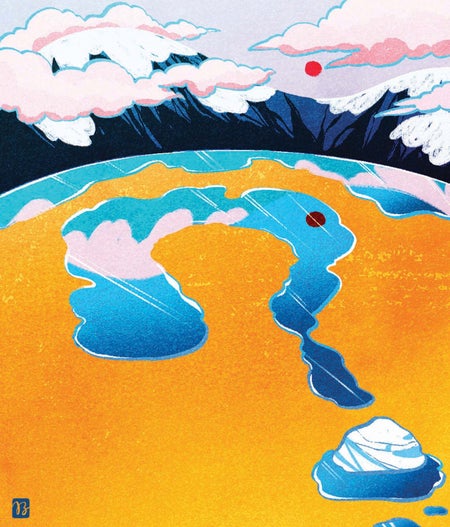
Arctic Lakes Are Disappearing Fast, and Scientists Are Just Figuring Out Why
In an ominous sign of global warming, melting permafrost underneath Arctic lakes lets them drain into the ground

Why Scientists Got the Fast Pace of Arctic Warming Wrong
Concerns about accusations of hype may have biased them toward conservative underestimates
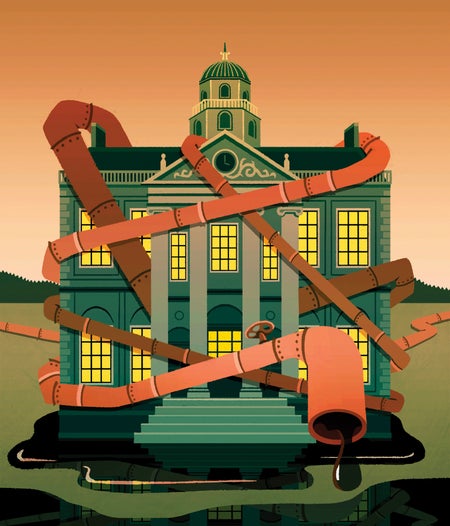
Fossil-Fuel Money Will Undermine Stanford’s New Sustainability School
Stanford University’s Doerr School of Sustainability will take energy industry donations, which will warp priorities and research agendas
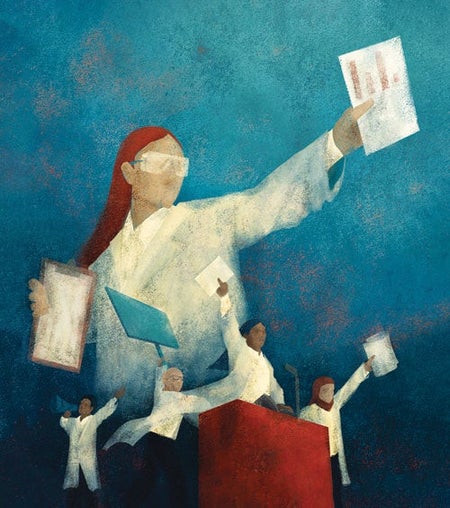
The Public Wants Scientists to Be More Involved in Policy Debates
Researchers worry about being branded as partisan, but people want to hear from experts
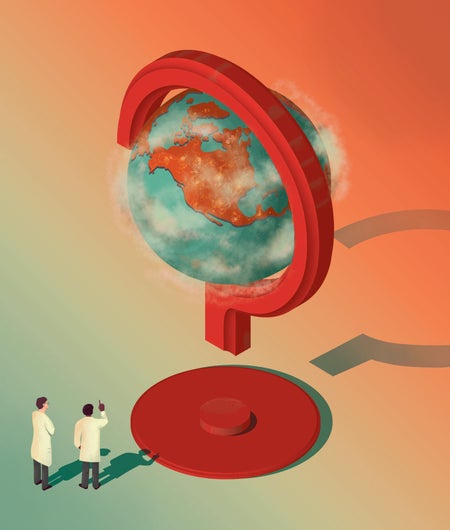
Carbon-Reduction Plans Rely on Tech That Doesn’t Exist
Instead of scaling up renewable energy, researchers promote unproved ideas
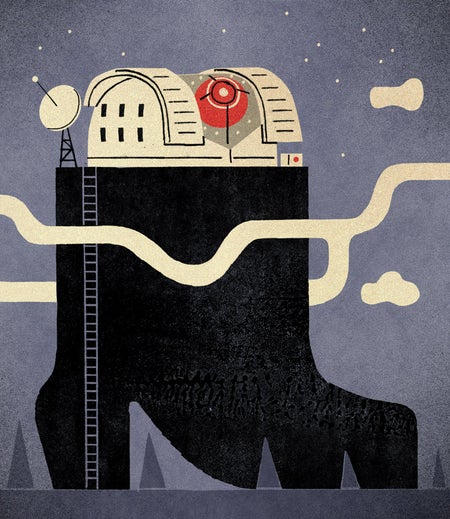
Science Needs to Shrink Its Carbon Footprint
Greenhouse gas emissions from research damage climate
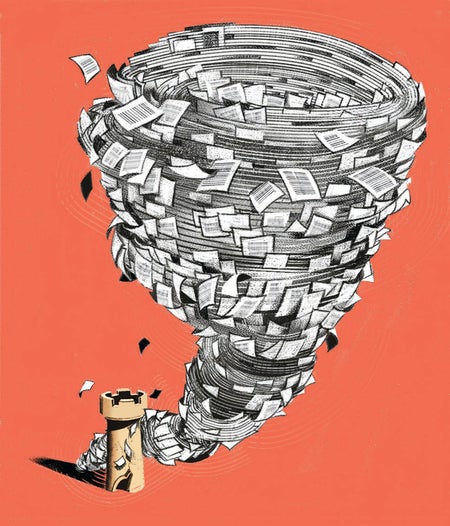
Predatory Journals That Publish Shoddy Research Put People’s Lives at Risk
Doctors may accept spurious claims about medical treatments, and invalid studies wrongly influence public policy